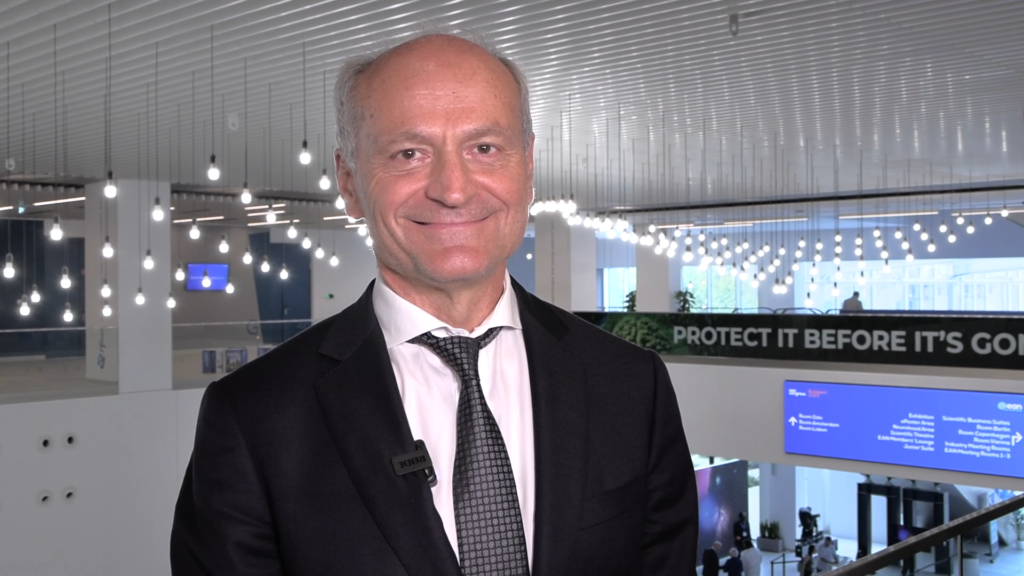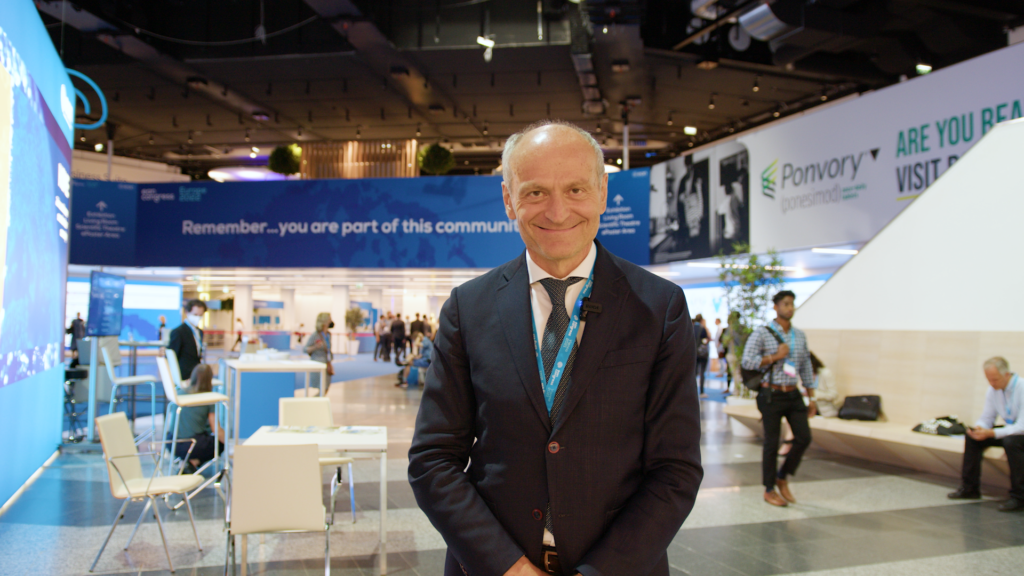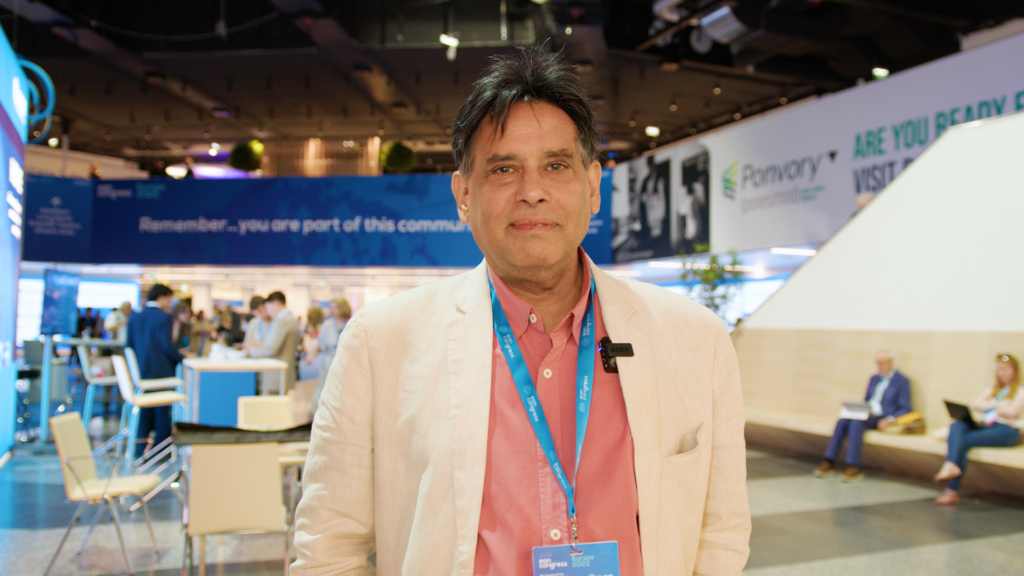We took the opportunity to catch-up with valued editorial board member, Angelo Antonini (University of Padova, Veneto, Italy). He shared an overview of one of the plenary sessions he participated in considering the recognition and treatment of complications in the later stages of Parkinson’s disease.
Questions
1. Describe the clinical profile of patients with late stage Parkinson’s disease (PD)? (0:05)
2. What is the optimum method of managing motor and non-motor fluctuations and dyskinesias in late stage PD? (1:36)
3. What behavioural, cognitive and psychiatric symptoms may occur in later stages of PD? (3:49)
4. What factors should be considered when optimising the medical management of psychiatric/cognitive disorders in patients with PD? (6:08)
5. What are the most common axial problems affecting gait in late stage PD, and how can these be treated? (7:22)
Speaker disclosure: Angelo Antonini has nothing relevant to disclose in relation to this video interview.
Filmed at the International Congress of Parkinson’s Disease and Movement Disorders (MDS), Nice, France, September 2019.












